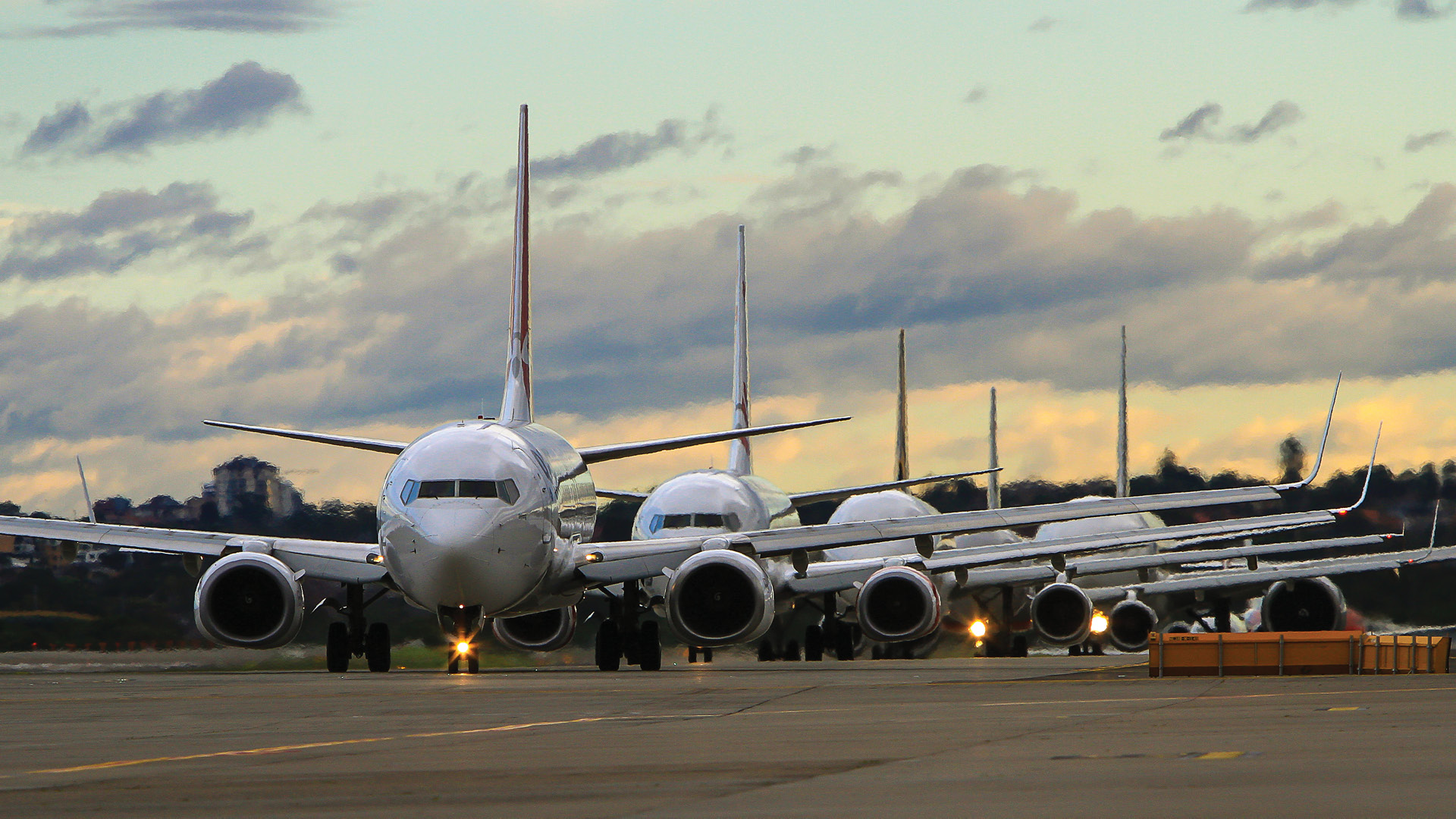US President Donald Trump has imposed a sweeping set of new tariffs on countries around the world, arguing that these new measures will help protect American business, allowing the country’s economy to flourish. The aviation industry is now moving to assess the situation.
The President unveiled a blanket 10% tariff on goods imported into the US from most countries starting from April 5, 2025.
But Trump has also imposed higher “reciprocal” tariffs of up to 49% on countries taxing US exports, with this expected to be implemented from April 9, 2025. The implementation of these tariffs will result in a 20% levy on imports from the European Union, 54% on China, 46% on Vietnam, as well as India with 26%, Japan with 24%, amongst several others.
The tariffs have unsurprisingly triggered global shockwaves, with world leaders strongly criticising these latest measures imposed by the White House.
In Europe, European Commission President Ursula von der Leyen described them as a “major blow” to the EU, while in Australia, Prime Minister Anthony Albanese stated that the tariffs lacked “any logic”.
In the aviation sector, travel and aviation experts are predicting that airlines may absorb some of the increased costs initially, especially on high-demand routes such as the US, due to existing contracts. Airlines are already grappling with rising fuel prices, aircraft production costs, and fluctuating global currencies, all of which would predictably lead to increased airfares.
Following the tariff announcement, The Wall Street Journal reported that airlines shares fell in after-market trading as Trump laid out his tariff strategy, reversing any earlier made gains. The media outlet stated that investors have been on edge about travel demand, fearing that economic uncertainty and expanded tariffs could cause companies to cut back on business trips.
US carriers felt the brunt, with Delta Air Lines shares falling 3.6%, while United’s fell 3.2% and American fell 2.2%.
A spokesperson from manufacturer Airbus told Airline Economics that the manufacturer, which has operations primarily based in Europe, has “taken note” of the latest tariff announcements from the Trump administration and is currently “assessing the impact” on the company.
Additionally, a Rolls-Royce spokesperson told Airline Economics that it would also “review the details of these tariffs”, to assess what impact these measures may have on the company's global distribution of aircraft engines and related components.
Meanwhile, a Safran spokesperson confirmed to Airline Economics that it was “studying the implications” of the tariffs but that it was still too early to comment further.
Airbus has a global supply chain, that includes components sourced from the US. Tariffs imposed on these imports can increase the cost of raw materials, parts, and subassemblies needed to build Airbus aircraft, thus potentially raising production costs for the company, something which could then be passed on to customers or reduce profit margins.
Boeing CEO Kelly Ortberg has also expressed concern to the US Senate Commerce Committee on April 2 over the tariffs. He cautioned that these tariffs could escalate into a potential trade war, hindering Boeing's ability to export its commercial airplanes. He emphasised that 80% of Boeing's planes are sold internationally, highlighting the importance of free trade for the company's operations.
AerCap CEO Aengus Kelly said earlier this month: “In an absolute worst-case scenario, a 25% increase across the board on tariffs… a Boeing 787 will up by $40 million. No one is going to pay that, and it won't happen."
Global companies shares fell after the tariff strategy was unveiled. As of April 3, 2025, 15:20 GMT, Boeing was down over 7%, Delta Air Lines down over 9%, United down over 12%, and American down over 8%.

